Background
Learning to read can be hard. It takes many years and much patience. Learning to love to read is even harder. But achieving both can give our children access to adventures unimaginable in even a lifetime of travel, unconstrained creativity, and ambition to make the best of their lives. Being an avid reader has been proven, time and again, in studies throughout the world, to open up endless opportunities for, and boundless potential in, our children. Its importance cannot be understated, or its benefits underestimated.
But saying this is different to the reality most of us face in the real world. Many of us, and many of our children, struggle.
It seems that the expectation is that reading is somehow easy for every child. It’s somehow OK for a child to struggle with Mathematics – but reading ….. well, heh you must of course be a “bad parent” if your child struggles or, worse, that there must be something wrong with them. You can see the judgements of other parents “clearly they did not read with their children….”
But reading is not something that even the majority of children just fall into without work – and time. Loving reading, in a world filled with the competing calls of “exciting” Xbox’s and YouTube is even harder.
“Why don’t you get out a book to read?” is too often met with a look of confusion, or worse disdain that books could ever be more interesting than games or dancing around the living room on Tik Tok.
For many children and their parents, reading takes perseverance and commitment. It can be a fraught journey filled with frustration and stress. For others, yes, it comes so very easily and can be as effortless as a walk in the park. Lucky them!
Whether a child finds reading a chore or a snap, it is teaching them to love to read for all of their lives that is one of the most important keys we have to opening the door to their true potential.
So what exactly, when all seems lost, can we actually do as parents to bring reading alive for our little (and not so little) ones?
In the following article we look, first, at why reading is so important and fabulous. Second, we provide 10 tips on how to inspire your children to feel the same. They will not work for everyone, but if you can find one in this pick and mix of ideas, and it works, then this article will have been worth writing. Cross fingers!
Part 1
The Top 6 Reasons Why Reading is so Important.
- Reading keeps us away from screen time.
When Covid 19 forced our schools to close for so long, it forced us to rethink our old worries about screen time. How many times, to get just a moment’s peace have we all caved in to letting our children entertain themselves with the TV, console or iPad of some description? I am guessing all of us. And the guilt can be numbing. We should not feel guilty though, although it’s easier said than done. It is all about balance. But how much better would it be if our children chose instead to pick up a book?
Under Covid 19 we are in a new world. We had, until only a month or so ago, had no choice but to use screens as the sole source of education for our children. Today, the best schools are using all the lessons learned under lockdown to expand their use of online learning to teach our children.
The result? Today our thinking has inevitably shifted from avoiding screen time to trying to make sure that the time our children do spend using them is of quality and some value.
Using a screen to discover the wonders of J.R.R Tolkien’s magical Kingdoms is a far cry from scrolling through Instagram!!
2. Reading takes us to places that we may never get to go.
Whether our head is buried in a non-fiction book about the unique life of a tribe in Africa or in a fictional novel about the world behind an old wardrobe, we are transported to a place that is beyond our imaginations. Our children may live vicariously through the people in the stories or they may yearn to become intrepid travellers visiting far-flung destinations.
3. Reading encourages children to become ambitious for themselves, have BIG dreams – and gives them inspiration on how to achieve them.
Books inspire us to think beyond our own geographical and personal limitations. We imagine ourselves walking in the shoes of the characters we are reading about to discover the possibilities that can come with self-belief and determination.
4. Reading improves our understanding of the world.
The world can be a strange and confusing place, and one made even more so by the global Covid 19 pandemic that is causing havoc around us. Reading helps us to understand multiple viewpoints at once. Reading makes our children better equipped to understand people’s motivations, society’s niceties (or not so niceties) and to see outside themselves and empathise with the perspectives of others.
If one single thing can help build emotional intelligence, it is reading.
5. Reading can help to calm the mind.
In these unprecedented times we could all do with some stress-free, mindfulness time each day. Reading has proven to offer us all exactly that.
6. Reading improves our vocabulary and our ability to communicate with the confusing world around us.
It has been proven in study after study that reading hugely increases our ability to communicate with others. Communicating effectively is a learned, not innate, skill that more and more globally important companies (think Apple, Google and Microsoft) have stated is one of the most fundamental traits that they look for in prospective employees.
The more words we have the more we can bring the world to life for ourselves and others.
Part 2.
The BIG Plan. Top 10 Tips to Inspire a Child to Read.
In the name of all of those wonderful reasons, that amount to far more than the sum of their parts, here are our Top 10 Tips for guiding even the most reluctant reader to becoming a veracious book-lover who embraces the inspiration, joy and potential that devotion to reading brings.
- Be A Role Model.
When your children see you reading, they are learning that reading is fun – that it’s something worth spending time doing… and that it’s a normal and expected part of your day. Children who see their parents read for pleasure are more likely to read for fun themselves. Personally, I absolutely love to read, so it certainly isn’t a chore. Recently, my daughter and I have been snuggling up on the sofa together with a book each in the evening. It’s a habit that she tells me is one of the favourite parts of her week. It is absolutely one of mine. But finding time to even breathe in this crazy world is difficult. Most of us have no choice but to work and juggling everything is not as easy as Hello Magazine or Vogue would have us all believe. We can all only do the best we can. Finding just 10 minutes for reading time, however difficult, really does make a difference.
- Create A Reading Nook.
Turning a generic space into a comfy reading area doesn’t have to involve interior designers or renovations. Some cleverly hung fairy lights, a soft blanky and a beanbag can make all the difference in the world. If you do have a bit of time on your hands then you could go the extra mile and invest in a creative, permanent reading space with a customised theme – and build it with your children. Any physical space can compete with YouTube with a sprinkling of magic.
- Bring a book to life.
For very young children this can be as simple as using stuffed dolls or animals to act out a story. Older kids can be tasked with bringing a character to life with arts and crafts. They could pretend to be the books illustrator or choose to create their own puppets and act out the scenes. The whole family can stretch their imaginations by imagining alternative endings for a story.
What might have happened if … Charlie Bucket had never found the golden ticket?
What would he be doing now… if Bilbo Baggins had never found the ring of power?
- Join a library or book share.
We humans are sociable souls. We seek out opportunities to find common ground with those around us and it is important to our psyche to become a part of a like-minded community. Joining a library, or book sharing with friends, offers exactly this way to build bridges and feel part of something. Libraries offer access to more books than we could read in a lifetime. Good librarians love to recommend books and genres that your child may never have considered, opening up a whole new world on each visit. When the libraries are able to operate fully again, post Covid, there are wonderful classes and groups that they run for minimal or no cost for children of all ages. And …. children love having their very own a library card; it makes them feel very grown up!
In Dubai we are all waiting for the extraordinary Mohammed Bin Rashid Library which is due to open in 2022.
Set to be one of the most amazing libraries in the world, and the largest in the Middle East, HH Sheikh Mohammed Bin Rashid Al Maktoum’s gift to children and reading will have dedicated sections for children of different ages and be an extraordinarily beautiful spaces for families to read and meet up. The library, which is designed as a giant open book, can already be seen on the Dubai Creek in Al Jaddaf (worth a trip to be inspired from the outside), and internally they are constructing auditoriums, exhibition spaces for artists and all sorts of other magic. Watch this space!
Until then we have lovely public libraries in:
-
- Al Safa: Al Safa Art & Design Library, behind Safa Park, Dubai, Sat to Thur 8am to 8pm, Fri closed, Dhs150 membership fee for one person, Dhs220 membership fee for a family. Tel: (04) 515 5241. linktr.ee/dubaipubliclibraries
- Gold and Diamond Park. Al Qoz/Al Barsha borders: The Old Library.
“From its humble beginnings in 1969, The Old Library has grown from one box of yo-yos, 2 parcels of books, and three shelves to a collection of over 25,000 books. It started its journey in a small trading post and now resides in a park filled with gold, diamonds, and the ultimate treasure, books.” Resolutely not-for-profit, membership costs AED 200 per annum which helps the library develop its magic. More here. Whilst Covid restrictions are in place, just 15 people can visit the library at any one time. The Old Library, Gold & Diamond Park, Building 7, Dubai, Sat to Thur, 10am to 6pm, Fri closed. Dhs200. Tel: (04) 321 3939.
-
- Various locations: Beach Libraries. At their best these are fab as the temperatures drop. Best locations are in Umm Suqeim 1 and Jumeirah 3 where you can find tables, beanbags and tables available according to the season. Perfect place for children to make new friendships.
-
- Bur Dubai: Al Mankhool Library. Five year membership AED75 for under 5’s and AED220 for adults and older children. Al Mankhool Library, Al Mankhool, Dubai, Sat to Thur 8am to 7.30pm, Fri closed. Tel: (04) 515 5200.
-
- Khalifa Park Abu Dhabi: Khalifa Park Library. The biggest public library in Abu Dhabi is home to 60,000 titles and a dedicated 10,000 strong title Children’s Library. Post Covid expect to see a return to its famous events programme. Khalifa Park Mosque, Inside Khalifa Park, Sunday – Thursday: 8am to 8pm; Saturday: 4pm to 8pm, Tel: 02-657 6182
5. Mix it up:.
Get a combination of online reading books and good old-fashioned, hand-held hardbacks. A study by the University of Arizona found that people become more emotionally attached to physical books and, therefore, become more invested in reading them. This is a good option for literature such as Jane Eyre or Catcher In The Rye, classics that become well thumbed over the years. Digital books certainly have their benefits; they can be more readily accessible and tend to be cheaper than physical books. With E-books the font size and line spacing can be adjusted, some can be turned into audio books and they have in-built dictionaries too. (This makes reading so much more accessible for people of determination to reap the benefits of reading too). And…. some really fabulous ebooks have pictures as well!
6. Read Together as a Family
“If you want your children to be intelligent, read them fairy tales.
If you want them to be more intelligent, read them more fairy tales.”
Albert Einstein
Parents are the biggest single influence over a child’s interest in reading. There is so much pressure on us. But the truth is that schools can only do some much – they need us. Research by the American Academy of Paediatrics has found that the number one predictor of early literacy success and future academic achievement is parental involvement! Reading to our children stimulates cognitive development and helps to build language, literacy and social skills. The secret is to not see reading as a responsibility and chore, but as wonderful family bonding time that children genuinely love – and time we will never get back with them. If you can find even 10 minutes each day, consistently, to read with them it can be transformational for your child. As many of us know, it seems like days before young children become grouchy teenagers whose idea of a good time increasingly does not involve us! These are times that we will remember with them, and they will remember with us, when they have long flown the nest.
7. Read the book and then watch the movie together.
As a family, choose a book to read that you know has also been made into a movie. Once everyone has read it, close the curtains, grab the popcorn and settle down together to watch the movie. It is great fun and quite interesting to discover together the director’s vision for the characters, setting and mood as opposed to the vision that you had created in your own mind’s eye. More on this, with lots of ideas, can be found below at the end of this article.
8. Create a reward chart.
Reward charts are a great way to visually represent a child’s reading progress and to encourage a child to persevere with their reading. Make it personalised, or self managed by having the reader draw a picture that represents the book that they read on their reward chart and let them pop a sticker on there too. Perhaps a small gift for every 10 books read for a little extra motivation… (!)
9. Start a kid’s book club.
There are lots of different types of book clubs online and obviously this is a great option during Covid. However, an even better option for a book club that your child can truly invest in is one that they start themselves. Choose a cool name, open up membership to friends and classmates and find fun meeting locations to discuss your book ratings. It can even be started on-line, for older children, on Facebook (yes, we do have to compromise sometimes!)
10. Make reading a year round hobby by following the seasons.
A Christmas Carol, Little Women and Polar Express at Christmas. Tales of Peter Rabbit, Emma, or The Secret Garden during the Spring break. To Kill A Mocking Bird, A Midsummer Night’s Dream or The Famous Five for the Summer holidays. A book that is relevant to what is happening in a child’s life is a great way to help them to connect and relate to the story and, in turn, with the world around them.
Bottom line? Reading Matters. Really Matters.
As parents, of course we know how amazing reading is. There are simply no negatives to having a hefty book habit. We are all passionate about what reading offers our children and thrilled about all the exciting new possibilities that will open up to book-lovers throughout their lives. None of us will forget the first time we read with our children, when they speak their first words and when they giggle with delight reading their first page.
But we must stop punishing parents (and ourselves) when everything does not go quite to plan. Plain sailing with reading is absolutely not guaranteed. Many children are late developers. Many children do not like reading aloud. Many children read more slowly – and, it should be noted, remember and absorb much more in the process.
Just like adults, children are all different. They are all special and no child is more special than another. We need to be supporting each other (as teachers, as parents, as friends) – now more than ever.
Enhanced creativity, improved empathy, increased mindfulness, better sleep are all amazing advantages, but the benefit of reading for the sheer joy of it, for the adventure, for the mystery and the magic, for the food for our souls, far outshines any other.
Reading is a gift that never stops giving.
But so too, everyone one of us, and teachers in our schools, are really struggling with screens. If we take them away, our children lose contact with their friends and the currency that they increasingly use and need to communicate. We have to come to terms with the fact that games and social media have become a pillar of modern culture and our children cannot do without them.
But that does not mean they should crowd out reading, talking and spending time with us and their friends in the real world. There is only so much time in the day and something has to give. Hard as it may be sometimes, we just have to try our best, together and with empathy, to make sure that it is not reading that pays the price.
© SchoolsCompared.com 2020. All rights reserved.
Notes from the Editor.
This Guide is part of a series of articles we have written to help support parents with inspiring a love of reading.
- Our Guide on The Top 20 List of “Must Read” Books, as recommended by UAE schools, can be found here.
- Our Guide to “How Watching Films with Books can Inspire a Love of Reading” can be found here – it’s highly recommended.
- Our Write a Novel Challenge saw children from schools across the UAE writing a complete novel together. The results were extraordinary. More can be found here.















































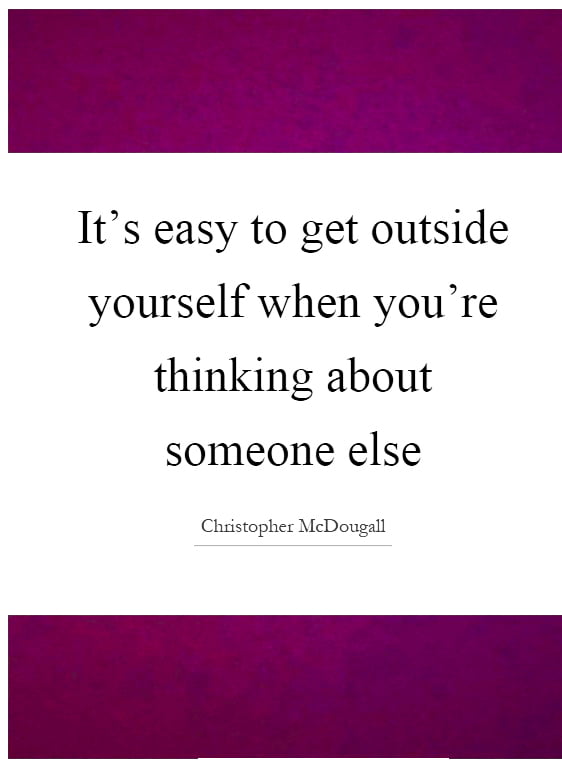

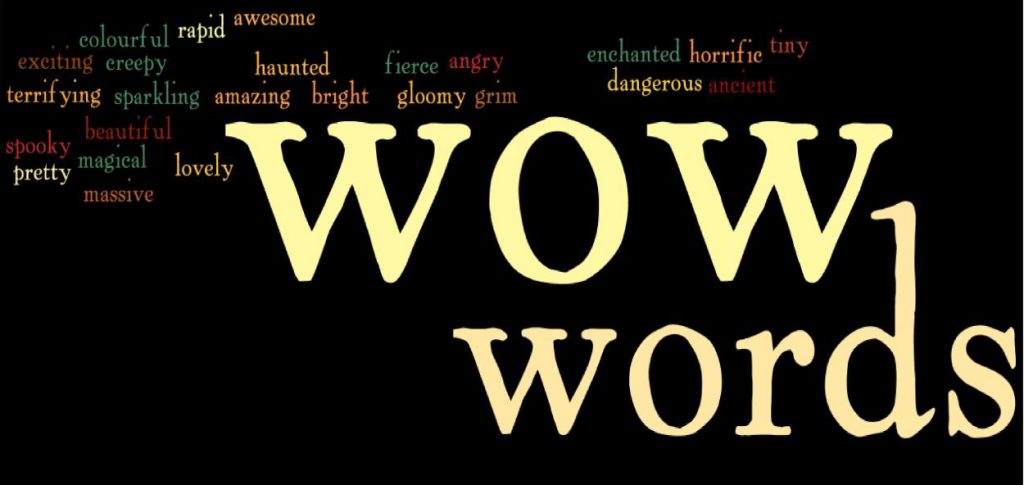
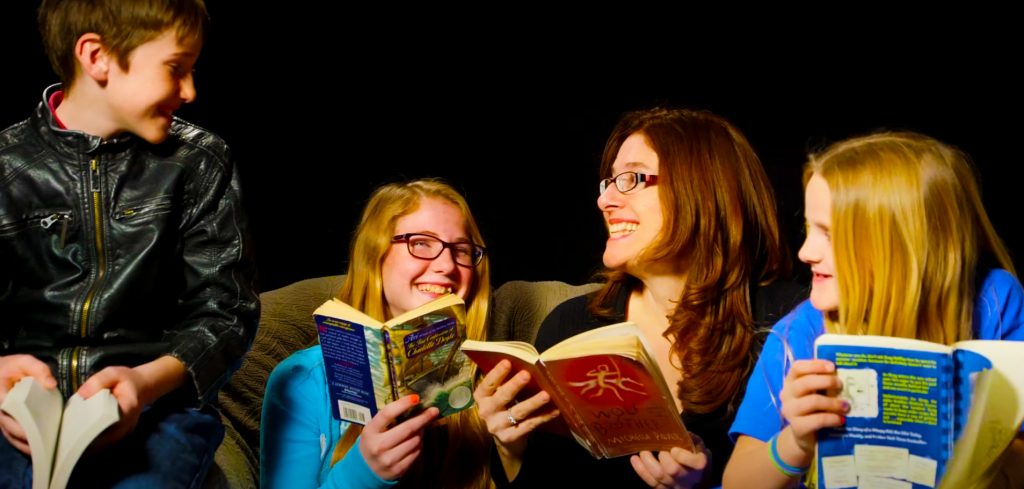

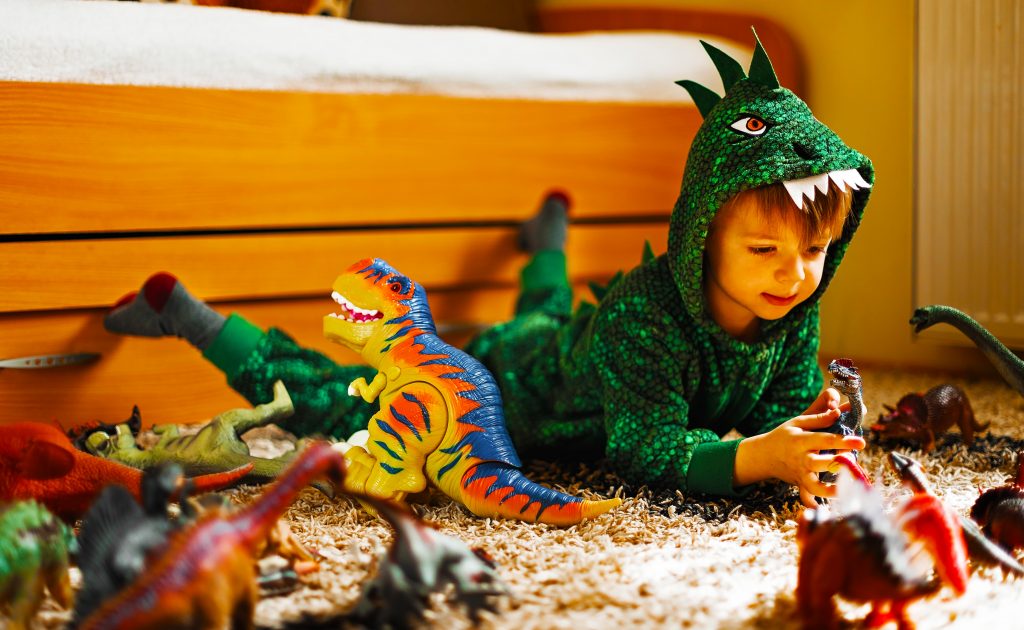



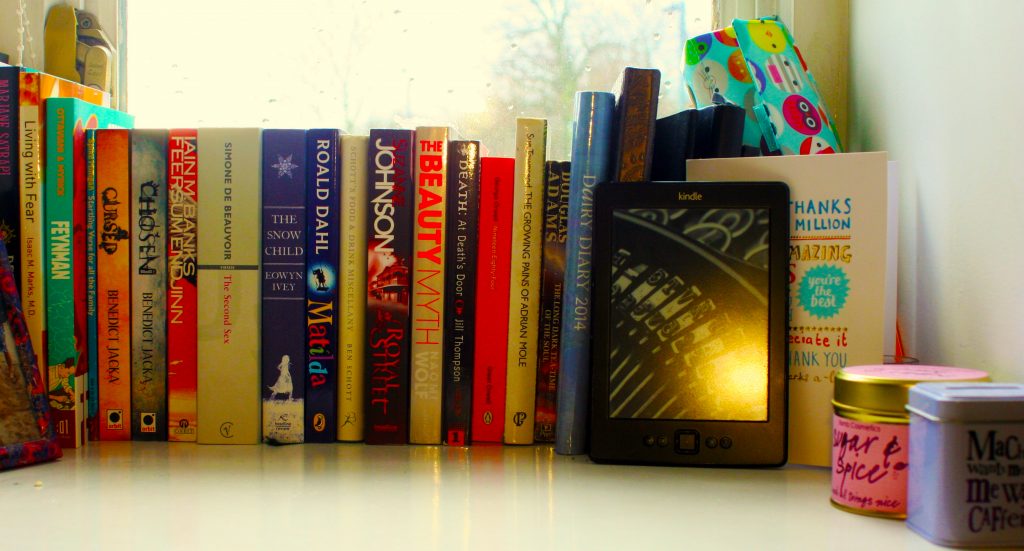
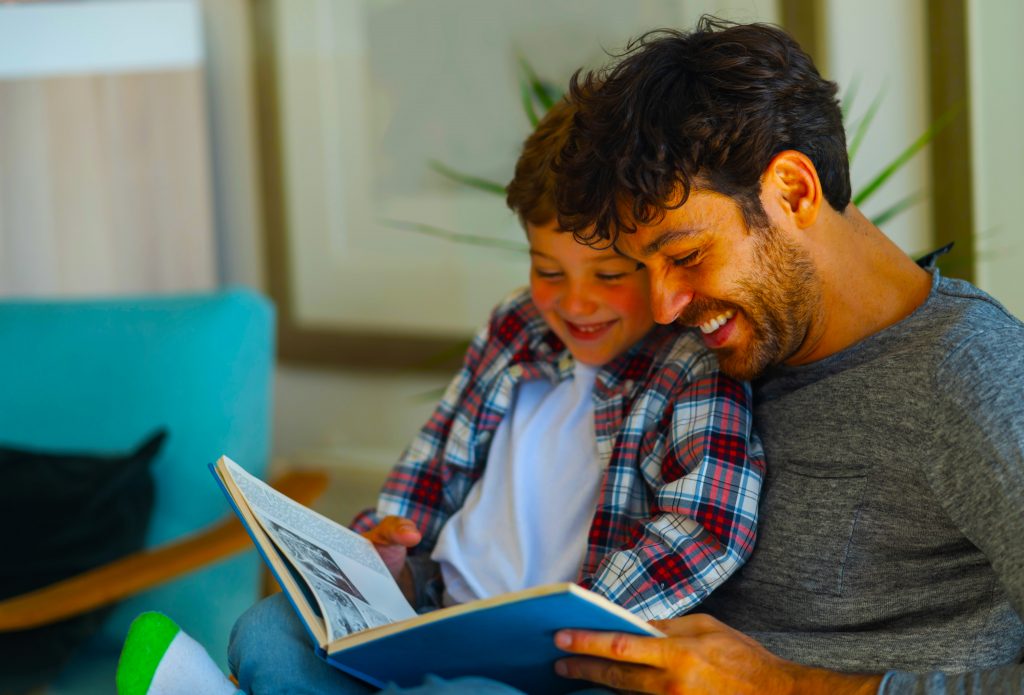

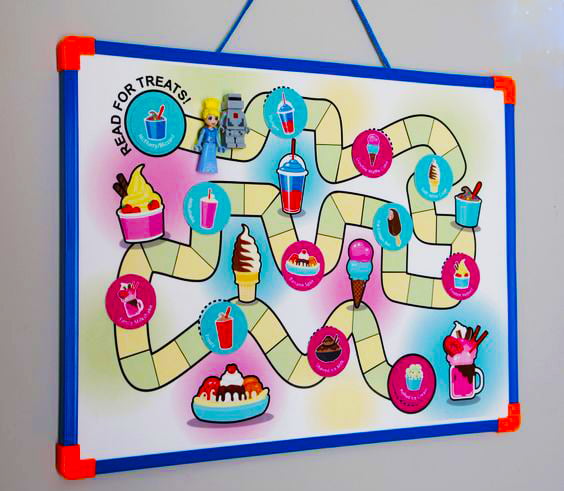
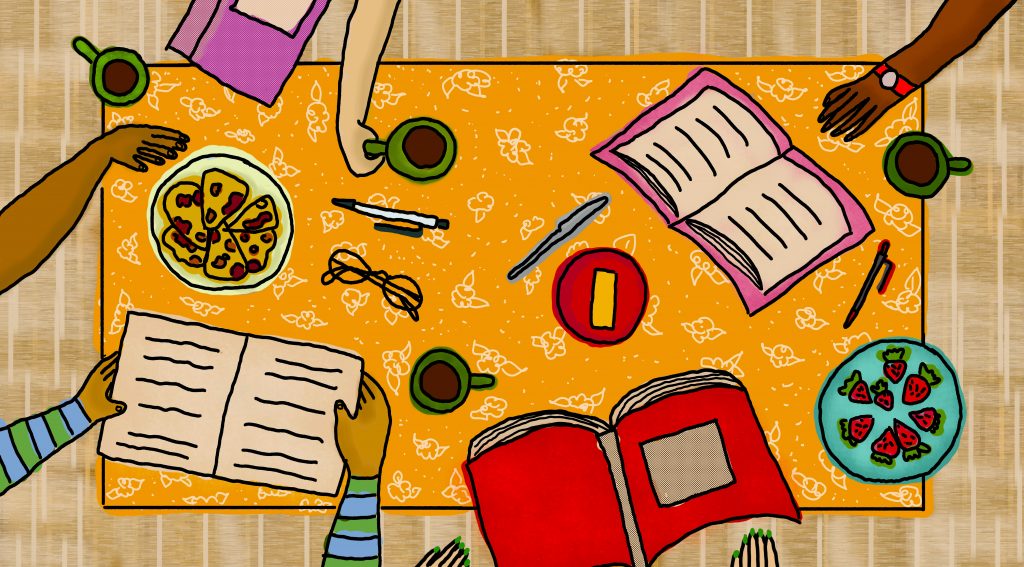















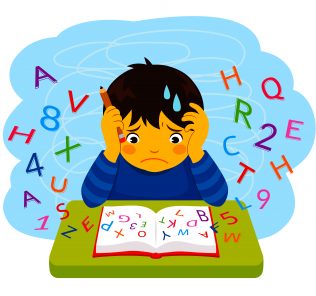















Leave a Response